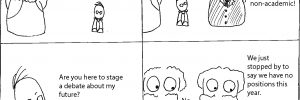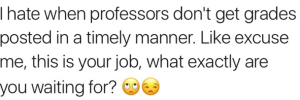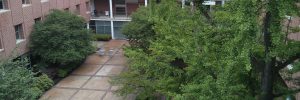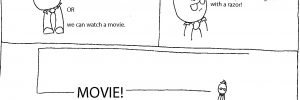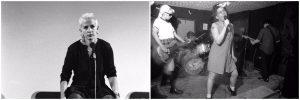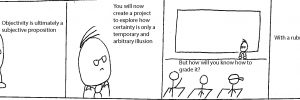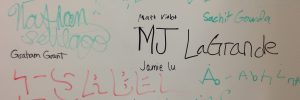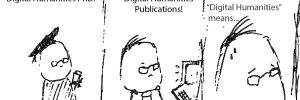The Office Hour, Chapter 4: “Marzoni on Cassavetes”

In this highly anticipated episode, Toby interviews me about the work of filmmaker John Cassavetes using questions written by his wife, Candice Wilson, Assistant Professor of Film and Digital Media at the University of North Georgia, Gainesville. The podcast can be played using the embedded player above or downloaded as… Continue reading

